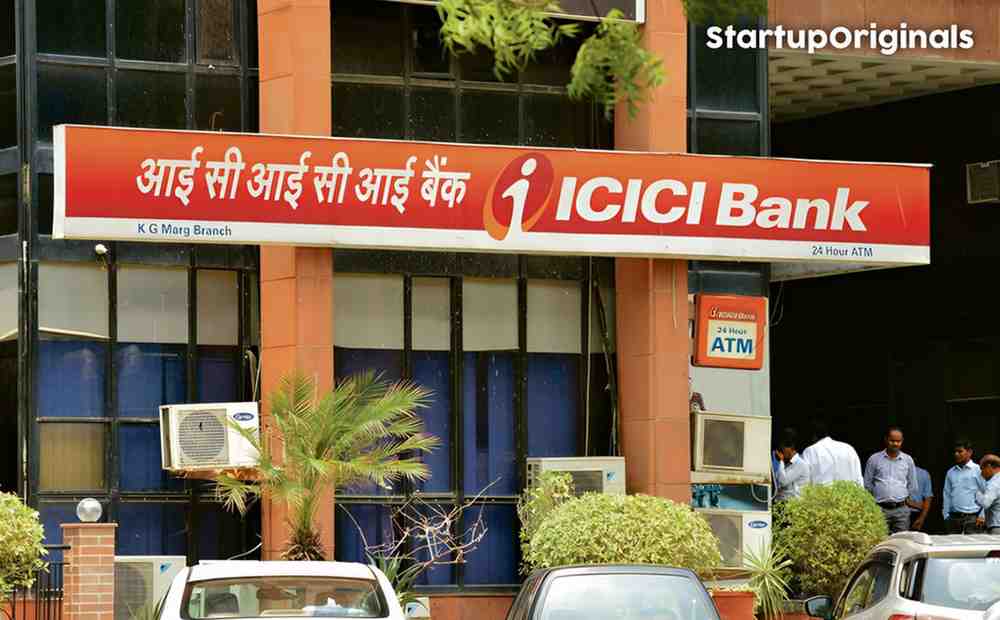
The Supreme Court of India has officially agreed to hear a series of high-stakes appeals involving Google, the Competition Commission of India (CCI), and the Alliance Digital India Foundation (ADIF). The dispute centers on whether Google misused its dominant position through its Play Store billing policies, triggering nationwide debate about fair digital competition, developer rights, and consumer choice in one of the world’s largest smartphone markets.
Background: How Did the Dispute Begin?
In October 2022, the CCI slapped Google with a ₹936.44 crore penalty after concluding that Google abused its dominance by mandating the Google Play Billing System (GPBS) for app purchases on Android devices, while exempting its own services like YouTube from similar commissions. The regulator accused Google of anti-competitive behavior-especially by promoting Google Pay-violating provisions of the Competition Act. Alongside the fine, Google was ordered to allow third-party billing options and ensure greater data transparency for developers.
App developers and industry groups welcomed the decision, citing concerns over Google’s high commissions and restrictions, while Google called the order “confirmation bias,” arguing that popularity isn’t proof of abuse and that its contracts didn’t prevent installation of competing apps.
NCLAT Ruling: What Did the Appellate Tribunal Decide?
Google appealed the CCI’s decision to the National Company Law Appellate Tribunal (NCLAT), which issued its verdict in March 2025. The tribunal partially upheld the CCI’s findings, agreeing that Google’s Play Store policies were anti-competitive-particularly the unfair promotion of Google Pay and mandatory use of its billing system. However, the NCLAT made key changes:
- Penalty Slashed: The fine was reduced from ₹936.44 crore to ₹216.69 crore, tying it only to Play Store revenues instead of Google’s global turnover.
- Direction Overturned: The NCLAT set aside the CCI’s findings on denial of market access and restriction of innovation, stating that Google’s billing system represented less than 1% of all UPI transactions and lacked evidence of significant technological blockade.
- Data Directives Reinstated: In May 2025, after an “inadvertent error” was found, the NCLAT reinstated CCI directives requiring Google to disclose data usage policies and to not use billing data for competitive advantage. Google objected to this reinstatement, arguing it amounted to a review of its own order-prompting further legal action.
Supreme Court Admission: What Happens Next?
In August 2025, a Supreme Court bench led by Justices P.S. Narasimha and Atul S. Chandurkar admitted cross-appeals from all involved parties. The Supreme Court has decided to set the next hearing for November 2025, opening the floor for a final decision that could change the framework for app stores, developer contracts, and digital business conduct in India.
The case is now set to determine:
- The scope of anti-competitive behavior in digital platforms.
- The regulatory reach of CCI versus the corrective powers of appellate tribunals.
- The rights of Indian developers against large tech platforms’ contracting power.
Key Issues at Stake
For Google:
- Maintaining control over Play Store billing and commission policies.
- The scale and method of penalty calculation-global turnover vs segment-specific revenue.
- Compliance with stringent transparency and data use directives.
For the CCI and Developers:
- Effective enforcement of anti-competition regulations.
- Ensuring choices for app developers and lower barriers for new entrants.
- Broader precedent for dealing with digital “gatekeepers” in India’s tech economy.
Conclusion: A Test Case for Digital Competition
The Supreme Court’s eventual judgment in the Google vs CCI saga will have wide-reaching effects on how platforms operate in India, set the tone for future digital market regulation, and shape the livelihoods of app developers and digital businesses. All eyes are now on the apex court as the case resumes in November-poised to become a landmark in India’s journey toward fair, open, and competitive digital markets.




